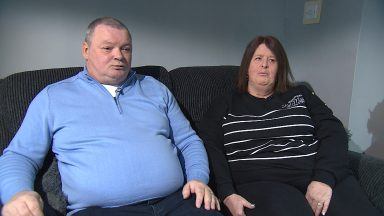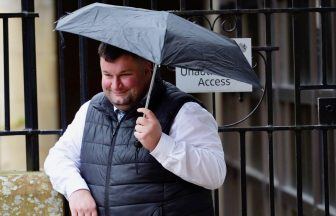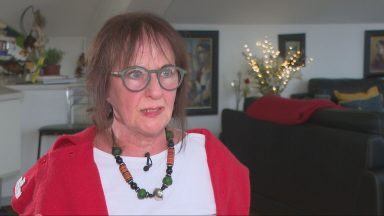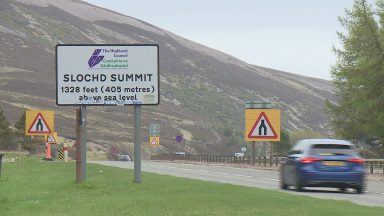Scotland’s body for healthcare improvement has encouraged the public to take park in a scheme that tracks the side-effects of medications.
Healthcare Improvement Scotland (HIS) made the plea after revealing that just 10% of Scots who experience adverse effects to prescribed medicines are reporting them to the Yellow Card scheme.
The statistic was taken from a study which sampled 560 individuals across the country, asking them about medicine safety, long-term health problems, pre-conception health and care.
The report recommended more awareness surrounding the Yellow Card scheme, which is run by the Medicines and Healthcare products Regulatory Agency (MHRA), to improve on underreporting of side-effects of various drugs.
About 57% of sample members said they had experienced a side-effect or unintended effect from a medicine.
Those who had experienced side-effects were asked if they had spoken to anyone about what they experienced.
Of these, 84% had spoken to a doctor, nurse or pharmacist, 29% had spoken to family and friends and 10% had reported it through the Yellow Card scheme.
Laura Fulton, chief pharmacist with HIS, said: “The Yellow Card scheme collects and monitors information on suspected safety concerns involving healthcare products, of which medicines are a significant contributor.
“This is extremely important as it flags side-effects that previously have not been reported, for example. It is vital to improve our understanding of medicines and safeguard patients.
“I would encourage patients, members of the public and healthcare professionals to proactively utilise the Yellow Card scheme and report any concern as soon as they can.
“This will undoubtedly help others both now and in the future.”
Professor Simon Maxwell, medical director of the Yellow Card Centre Scotland, said: “I am pleased that HIS report recognised the important role that the Yellow Card scheme has played, and will continue to play, in safeguarding public health in Scotland.
“Since its inception in the 1960s in the wake of the thalidomide disaster, the scheme has been helping to shine a light on important but less common side-effects to medicines that have not been fully clarified at the time of regulatory approval.
“That was particularly evident following the rapid approval of the Covid-19 vaccines in 2021.
“Although the ability to report side-effects to the scheme was originally restricted to medical professionals, any member of the public can now report, and those reports are making a growing contribution to the scheme.
“I welcome the report’s focus on increasing public awareness of the scheme as a mechanism whereby all citizens can all make a contribution to medicines safety.”
Follow STV News on WhatsApp
Scan the QR code on your mobile device for all the latest news from around the country


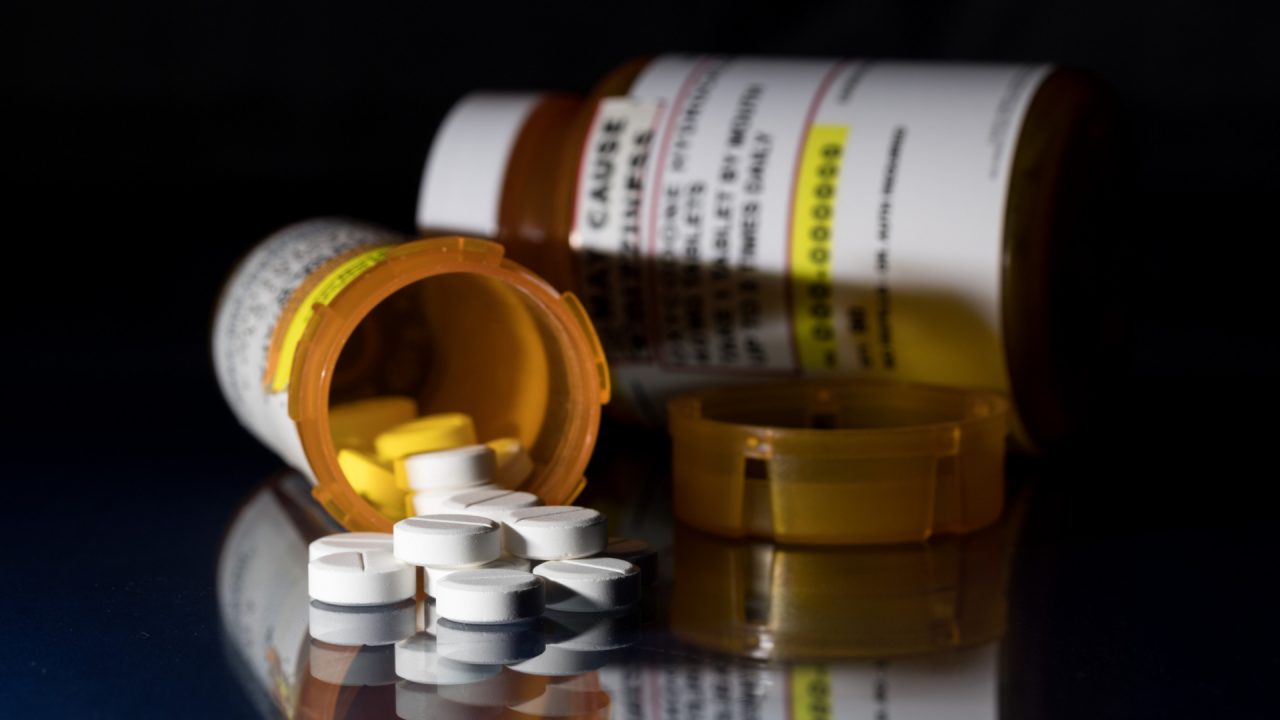 iStock
iStock


